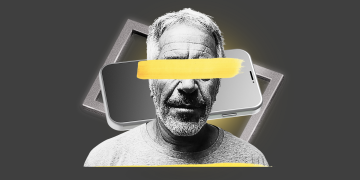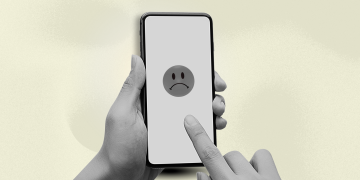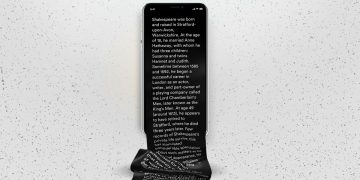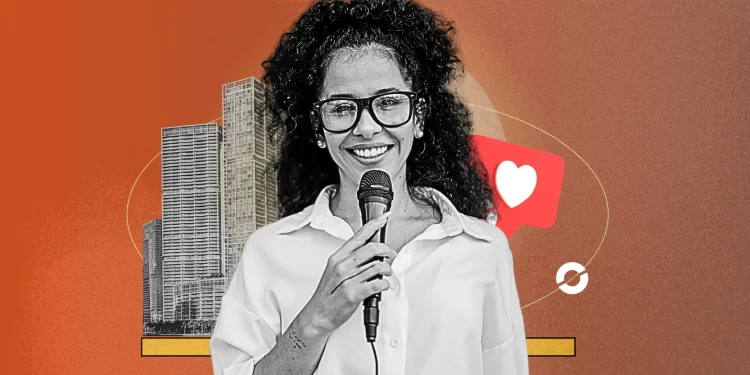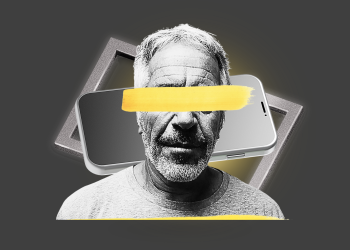There was a time when credibility came from a logo. A headline in The New York Times or a segment on the evening news carried weight simply because it existed within an institution. But in 2025, that authority feels distant. The front page has migrated to the feed, and the newsroom has been replaced by the bedroom, where a creator sits in front of a ring light, speaking directly to millions. According to the Reuters Institute Digital News Report, more than half of adults in the U.S. now get their news primarily from social media, and for younger audiences, influencers are not the commentary, they are the source.
Influencer economy
This shift is not just technological; it’s emotional. Institutional journalism asks for trust in a process. Influencer media asks for trust in a person. The two are not the same. When an influencer tells you about an election, a crisis, or a product recall, it feels personal because it is personal, filtered through tone, identity, and the subtle performance of relatability. It’s not objectivity that keeps audiences watching; it’s recognition. 
The decline of traditional trust
The decline of traditional trust didn’t happen overnight. Years of corporate consolidation, sensationalism, and political polarization hollowed out the idea of neutral media. Then came the algorithm, a machine that doesn’t prioritize truth but engagement. In this environment, influencers thrive not because they lie, but because they feel alive. They tell stories with emotion, they take sides, they admit bias, they react in real time.
Fragmented perception
The influencer’s life unfolds in fragments, breakfast, opinions, heartbreaks, product recommendations, and these fragments create a sense of shared rhythm. It’s not that people think influencers are more knowledgeable; they feel more known. In a world where institutions speak from above, influencers speak from beside. That shift from authority to familiarity has quietly redrawn the architecture of trust. A unique voice amid noise
A unique voice amid noise
The more fragmented the digital world becomes, the more these figures act as emotional anchors. People no longer trust collective narratives, but they still crave coherence. The influencer provides that coherence through personality, a single, continuous voice cutting through the noise.

